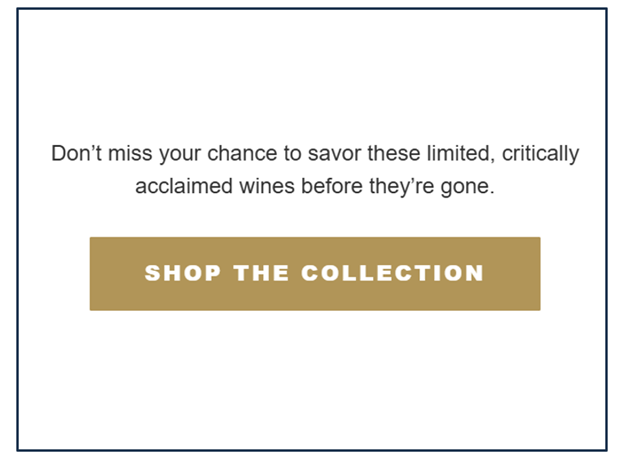5 Fun Facts about Wine and U.S. Law
- Marla
- Sep 24, 2021
- 3 min read

Wine and other alcoholic beverages have had a complicated relationship with the law. It’s a highly regulated, complex industry. What I didn’t know is that wine law is also quirky and surprising.
I recently had the chance to listen to Wine Law Uncorked, a presentation by K. Christopher Branch, Esq, of KC Branch Law Firm, PC in California, who specializes in wine law. The webinar, offered through the American Bar Association, revealed a number of fun facts about wine and U.S. law. This is what I learned.
1. The Early Americans Drank Like Fish
Alcohol was a critical part of life during the 1700s and 1800s. People, mostly men, took what little they earned and imbibed a lot, according to Branch.
“The Pre-Prohibition world was chaotic at best,” he said.
Bars, which were owned by distilleries or breweries, prided themselves on pouring significant amounts of their product. This overconsumption became such a public health problem that it gave rise to the anti-alcohol Temperance Movement.
2. You Can Thank the Temperance Movement for Your Income Taxes
Although the American Temperance Movement was gaining in prominence and popularity, the booming alcohol industry paid a whopping 40 percent of the taxes in the United States, so it was a primary way to keep the government operational. If the government clamped down on alcohol consumption, as desired by the Temperance Movement, then how would the government be supported and function?
The solution the federal government came up with was the 16th Amendment to the U.S. Constitution in 1909, which for the first time allowed the federal government to impose income taxes. The 18th Amendment, which created Prohibition, was passed soon after in 1919.

3. Wine did Not Feel the Full Wrath of Prohibition
There was an attempt to exempt beer and wines under 14 percent alcohol from Prohibition. While that failed, the 18th Amendment did allow some exceptions. You could make your own wine up to 200 gallons, and have wine for religious or medicinal purposes. This is how some wine producers stayed afloat during this time.
4. The Laws Are a Messy Patchwork – and Sometimes Goofy
The 21st Amendment, which repealed Prohibition in 1933, gave great power to the states to regulate wine and other alcohol. As a result, wine law varies significantly depending on which state you’re in.
The states also took the stance that everything concerning alcoholic beverages is a violation of the law unless the law specifically allowed it, said Branch. So businesses had to get special laws passed to entitle them to do something that wasn't expressly written in the law. This is why some laws are not only complex but also pretty odd. For example, in California, a restaurateur can own a winery, but only one that’s in California.
And thinking of getting into the mead, hard cider, or sake business? Then it will be even harder to comply with the law. These types of beverages are classified as beer due to how they’re made, but taxed as wine. Ouch.
5. It’s Unknown What the Laws Post-COVID Will Look Like
How did the COVID-19 pandemic affect wine and U.S. law? The pandemic caused many states and municipalities to enact emergency regulations to soften their wine and beverage laws. These included more direct-to-consumer sales, free shipping, and to-go sales of wine and liquor from restaurants.
What will happen post-COVID is a “huge” issue, since there will be consequences that impact way beyond the wine and alcohol industry, said Branch. For instance, if you can buy a to-go margarita from a restaurant, then you don’t have to go to a liquor store to buy tequila, or to a grocery store for a premade mix. So in effect the laws will be even more convoluted and confusing – at least for a while.
“Long term there will be some pulling back of some of these regulations, but many of them will stick, and many will disappear over time,” he said.

We hope you find this information on 5 fun facts about wine and U.S. law both educational and entertaining. Please let us know what laws you predict will survive post-pandemic and which will fall by the wayside.
Have any suggestions or feedback? Don’t hesitate to send us a message at info@winewithourfamily.com.
If you enjoyed this post, please look visit our website at winewithourfamily.com and at some of our other articles:



